 Maybe you carried it home in your backpack. Maybe it came in the mail.
Maybe you carried it home in your backpack. Maybe it came in the mail.
I bet you remember getting your report card as a kid.
The feeling of anticipation before opening the envelope! Skimming past the grades to read the comments! Hanging on every word! Re-reading it over and over again and maybe even saving it for posterity!
Fast forward to now, when you're an overstretched and overtired elementary school teacher. You've been at work since 7am, missed your planning break because the art teacher was out, have a stack of quizzes to grade and two parent phone calls to return, and now you're supposed to come up with detailed report card comments for 35 students.
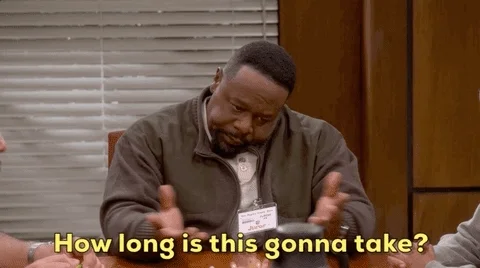
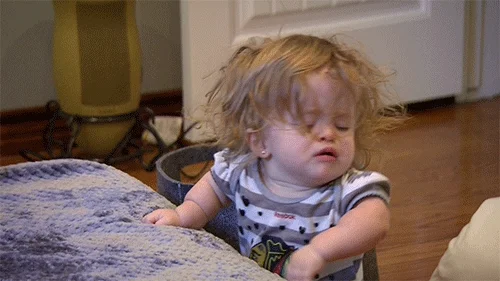
Take a moment first to remember what it was like to be that elementary school kid waiting with bated breath to hear what their report card says.
Your words matter a lot to that kid. (And their parents.)
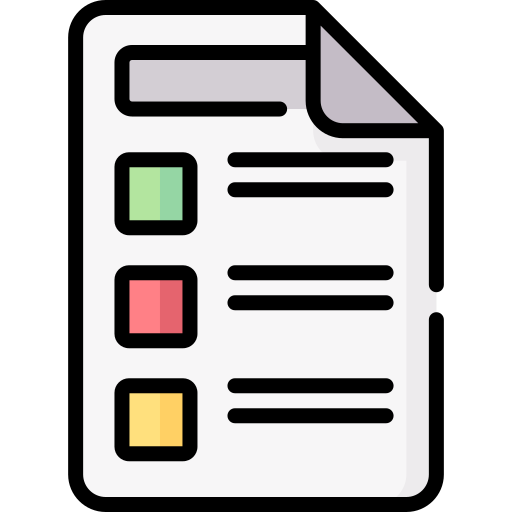
I've been an elementary school teacher for 9 years. After I wrote my first set of report card comments, my principal called me in for a meeting where we revised almost every single one. I'm happy to say that I learned from that experience and have written hundreds of report card comments since then that were approved right away!
Here are the strategies that help me write meaningful and effective report card comments.
What NOT to Do

DON’T use report cards as a place for you to vent. Teaching is HARD. We’ve all had those students who test us to the very limits of our endurance and beyond. You SHOULD have a place to vent. But report card comments aren’t it.
Examples to Avoid: “Gianna is constantly calling out during class, making it difficult to teach.” “Johnny shows no interest in learning. It is frustrating to teach a child who doesn’t care.”

DON’T make judgments. Feedback is most effective when we focus on the facts at hand, without judgment.
Examples to Avoid: “Aisha is unmotivated and lacks proper work ethic.” “Mark seems not to care about how his actions impact others.”

DON’T bring up big issues for the first time. Report card comments are not the place to inform parents that you think their child has a learning disability and would like to refer him for an evaluation, or to tell them that their child is bullying others and you want them to see a therapist. Big issues should be discussed in a face-to-face meeting or at least a phone conversation.
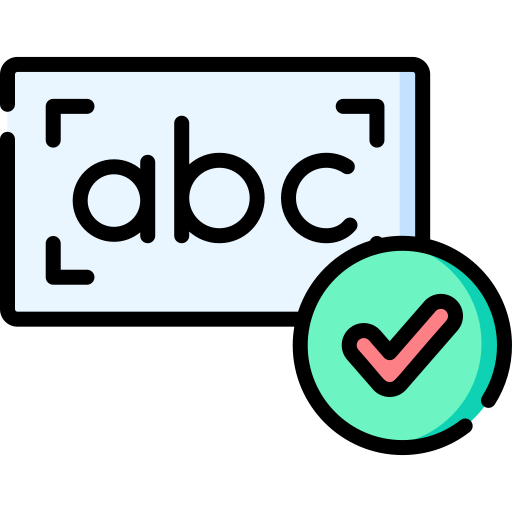
DON’T make grammar/spelling mistakes. Parents take these VERY seriously coming from their child’s teacher! Make sure to use spellcheck. And if writing is not your forte, try using a tool like Grammarly or ChatGPT to improve your sentence structure and style.
OK, ready to learn what TO do?
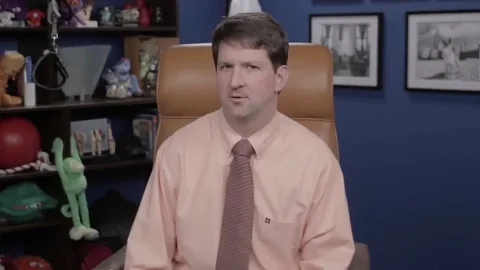
Did you know?
Open With Warmth
Start out with at least 1-2 sentences focusing exclusively on the child's strengths. Every child needs to know that their teacher thinks well of them and sees where they shine.
Some examples:
 "Adam is a curious and intelligent young man who asks excellent questions, especially during science."
"Adam is a curious and intelligent young man who asks excellent questions, especially during science."
 "Ricki has a great imagination and boundless creativity. Her classmates enjoy the wonderful stories she writes."
"Ricki has a great imagination and boundless creativity. Her classmates enjoy the wonderful stories she writes."
 "Melody is off to a fantastic start in 2nd grade! She is a bright and capable student who grasps new concepts quickly."
"Melody is off to a fantastic start in 2nd grade! She is a bright and capable student who grasps new concepts quickly."
 "Zander is a kind and considerate classmate and a good friend to all. His sportsmanship during recess games sets a great example for others."
"Zander is a kind and considerate classmate and a good friend to all. His sportsmanship during recess games sets a great example for others."
Did you know?
Make Your Feedback Specific

Be like a weather reporter and focus on the facts.
A weather reporter won't say, “Another grey, cloudy, rainy day. This weather is so lazy and unmotivated! It’s very frustrating to report about weather that doesn’t seem to want to improve.”
She'll say, “Following a week of cloudy skies and thunderstorms, there is an 80% chance of rain today as well.”
Your report card comments will be most effective when you stick to the facts (what's actually happening?) and avoid judgment.
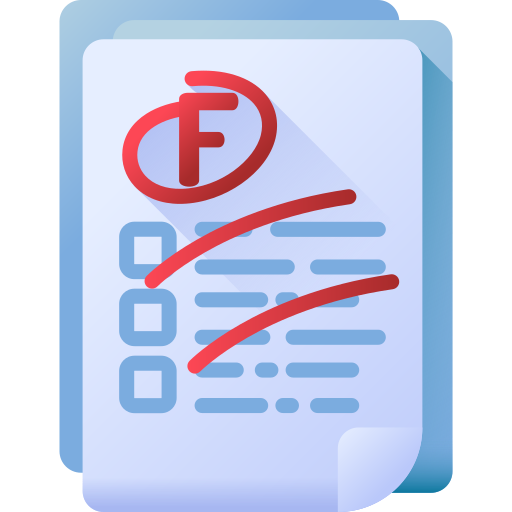 Can you spot the problems with this report card comment about a 5th grader who keeps not turning in assignments?
Can you spot the problems with this report card comment about a 5th grader who keeps not turning in assignments?
Emily's lack of motivation is holding her back. She is capable of much more if she puts in the effort.
This teacher has judged Emily as unmotivated and believes she could put in more effort, but is choosing not to. Is this true? It could be. Or maybe Emily is given a lot of household responsibilities? Maybe Emily is struggling with ADHD or depression?
Also, if you're Emily's parent, you still don't really know what the issue is. Is Emily not paying attention during class? Is she not studying for tests? What's actually going on?
Stick to the facts, and be as specific as you can.
Emily’s grade in Social Studies reflects that 5 assignments were not turned in.
Subscribe for more quick bites of learning delivered to your inbox.
Unsubscribe anytime. No spam. 🙂
Use Positive Wording
Which email would you rather receive from your principal?
 “Michael, I've reviewed your lesson plans and several lessons are missing objectives. Please fix.”
“Michael, I've reviewed your lesson plans and several lessons are missing objectives. Please fix.”
 “Michael, thank you for getting your lesson plans in on time as usual! Your math objectives for the week are excellent. Please add objectives for your ELA lessons.”
“Michael, thank you for getting your lesson plans in on time as usual! Your math objectives for the week are excellent. Please add objectives for your ELA lessons.”
Most of us would prefer B.
Focusing on the negative can make the student and their parents feel discouraged. Framing areas of struggle positively by acknowledging where a student has been improving can inspire them to keep trying.
Some examples:
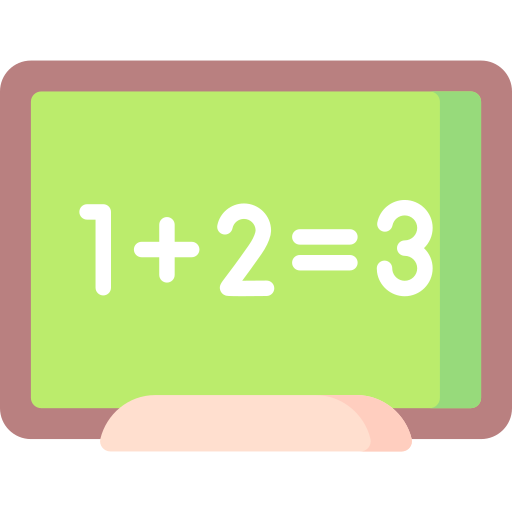 "Alex has mastered adding and subtracting within 10, and is working on adding and subtracting within 20."
"Alex has mastered adding and subtracting within 10, and is working on adding and subtracting within 20."
 "Emma's journal entries are so creative, and her neatness is improving."
"Emma's journal entries are so creative, and her neatness is improving."
Give Suggestions for Improvement
Negative feedback without suggestions for improvement is like a car without fuel — it won’t take you anywhere.
-- Betsy Allen-Manning, human behavior specialist
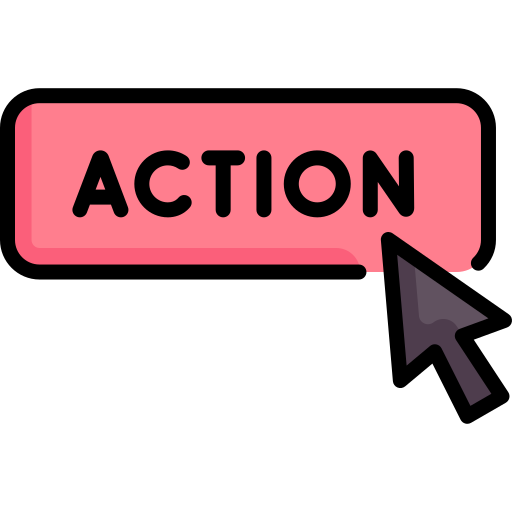
If you are going to address an area of weakness for a student in your report card comments, it should be followed with actionable strategies the student or their parents can use to help them improve. What is it you want them to do?
Some examples of suggestions for improvement:
 "Encourage your child to ask questions and make connections to their own experiences while reading."
"Encourage your child to ask questions and make connections to their own experiences while reading."
 "Flashcards or online math games are great ways to reinforce these skills at home."
"Flashcards or online math games are great ways to reinforce these skills at home."
Wrap it Up With Optimism
End off on a cheerful, hopeful note, showing you believe in the child and are looking towards the future, not focusing on the past.
 Some examples:
Some examples:
"I'm looking forward to seeing Zack's progress over the next trimester."
"Overall, Joey has demonstrated good progress this semester and I am proud of his achievements."
"I am confident that Ella will continue to excel and achieve great things in the future."
"It's a pleasure having Ava in my class."
"Best wishes for 4th grade. Have a wonderful summer!"
Give It a Try!
 Image from Canva
Image from Canva
Which of these report card comments would likely be most effective?

Samantha is often disruptive during class and has a bad attitude. She is capable of so much more if she would just apply herself and start putting effort into her work. I hope to see improvement from Samantha over the next trimester.

Samantha is a bright and creative student and a great friend who is always ready to help a classmate. She is working on staying on task during lessons and benefits from re-direction and short breaks.

Samantha is a creative young lady, but is struggling to focus during lessons. I recommend evaluating her for ADHD. She has great potential, but her work does not reflect her true capabilities.

Samantha is clearly a bright girl, however she is extremely disrespectful during class and constantly calls out and chats with her friends. I would like to see a better attitude from her.
Quiz
Select the most effective report card comment.
Take Action
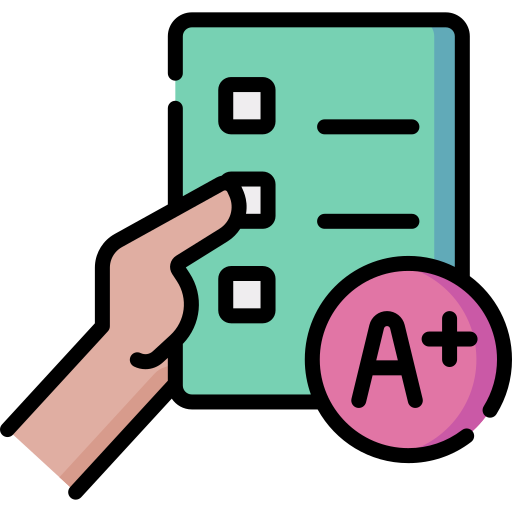
Your feedback matters to us.
This Byte helped me better understand the topic.
